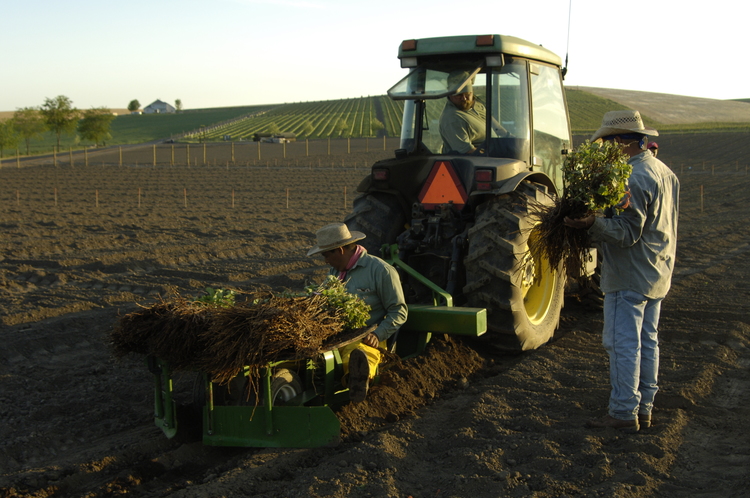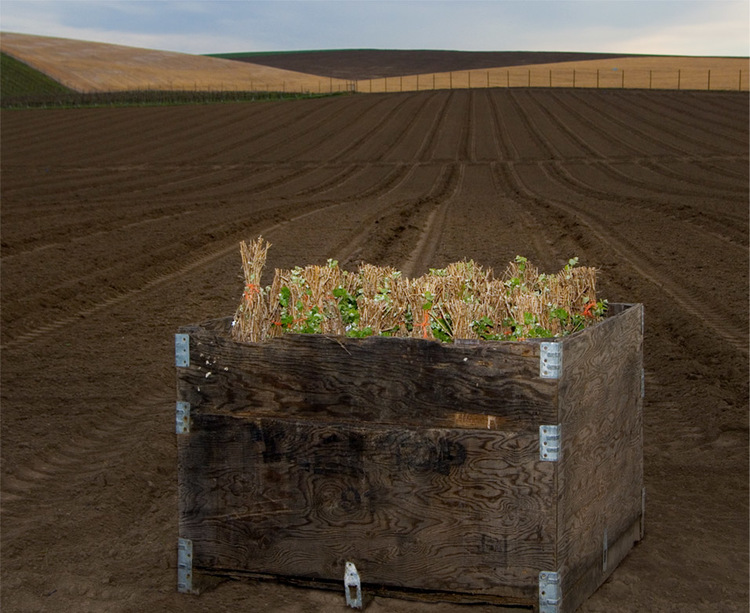Sustainable Wine Growing
Is a holistic system of recognized cultural production methodologies that employ environmentally-friendly and socially responsible viticultural practices that respect the land, conserve natural resources, support biodiversity, exercise responsible relationships with workers, neighbors and the community and provide continuing economic and biological vineyard viability.
What is Sustainable Viticulture?
Sustainability is based on the premise that we must meet the needs of the present without compromising the ability of future generations to meet their own needs. Therefore, stewardship of both the natural and human environment is of prime importance. Sustainable farming systems are biologically-based and designed to be productive in both the short and the long term. Sustainable viticulture is – ecologically sound, economically viable, and socially supportive. Because it is more a philosophical approach to viticulture than a set of farming practices, the specific practices vary depending on the specific environmental and social issues important to an appellation. Therefore, it is important that all of those interested in making viticulture more sustainable – consumers, growers, environmentalists, farm workers, winemakers, retailers – educate themselves on the related issues.
Healthy soil is a key component of sustainability. A healthy soil will produce plants that have optimum vigor and are less susceptible to pests and disease. While vineyards have particular pests that attack even the healthiest of plants, proper soil, water and nutrient management can help prevent some problems brought on by plant stress or nutrient imbalance. Sustainable viticultural practices improve soil quality resulting in a more efficient use of water nutrients and pesticides to optimize grape quality.


